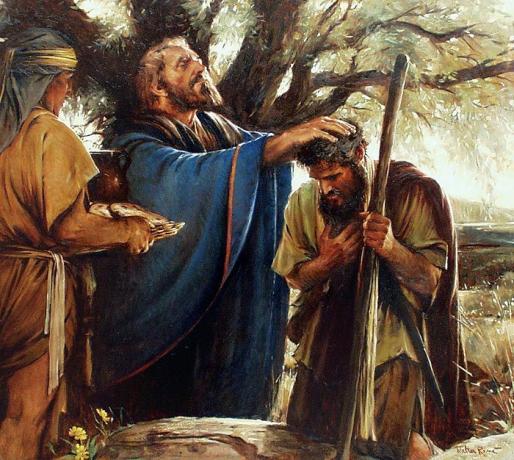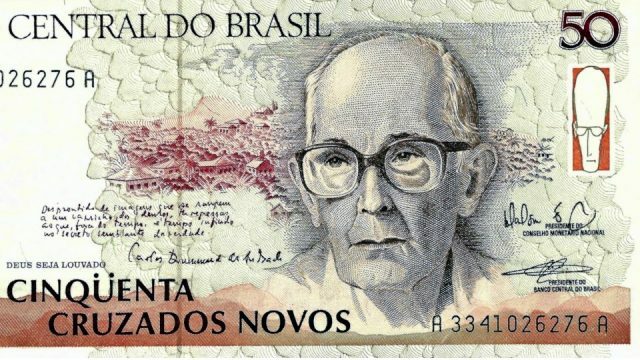Paul Cézanne was a French painter of the post-impressionist movement.
Owner of an innovative spirit, a brilliant mind and a difficult temperament, he excelled in painting and influenced great artists such as Matisse and Pablo Picasso.
Biography
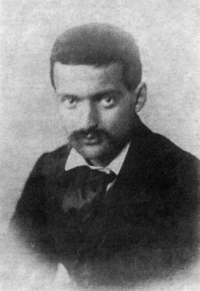
Paul Cézanne was born on January 19, 1839 in the French city of Aix-en-Provence. When he was ten years old, he started taking drawing lessons. However, at his father's insistence, he entered law school.
In 1861 he moved to Paris to study at the School of Fine Arts. However, he was not accepted into the Institute and so he returned to his hometown. There he only stayed a year, having decided to return to Paris.
In the capital, Cézanne applied for the Academie Suisse where he met several artists from the impressionist movement: Renoir, Manet and Pisarro.
He participated in some exhibitions with the Impressionists, although he struggled for a long time to be accepted at the Paris Salon.
This is because criticism and works by great painters were exhibited there. Constantly rejected and harassed by the Parisian public, Cézanne decides to return to Aix-en-Provence.
The artist never married and after the death of his parents he began to live in isolation. During this period he continued working and producing various works.
Cézanne died in his hometown on October 22, 1906. After his death, his work started to be recognized and nowadays he is considered one of the greatest modern painters in the world.
Main Works and Features
Cézanne's works move between impressionism and cubism. Thus, we can find elements very close to both sides, such as the search for light and colors typical of the impressionists, who painted their works outdoors. And, still, the use of geometric shapes, the most striking feature of the Cubist movement.
Cezánne produced landscapes, portraits and still life. His works stand out, as the painter was innovative in techniques since changing perspective, emphasizing the shape, volume and weight of objects.
The Orgy (1864)

The Black Scipio (1867)

Still Life and a Black Clock (1871)
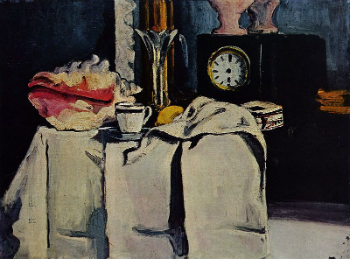
The Temptation of St. Anthony (1873)

The Hanged Man's House (1873)

Three Bathers (1874)

Vases, Baskets and Fruits (1888)

Woman with Coffee Maker (1890)

The Peasant (1891)

The Card Players (1892)

Still Life with Cupid Plaster (1895)
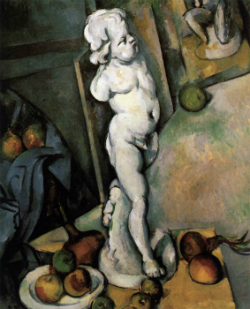
Mont Saint-Victoire (1904)

Read too:
- Impressionism
- Post-Impressionism
- Modern Art
- Cubism

